
 i_need_contribute
i_need_contribute
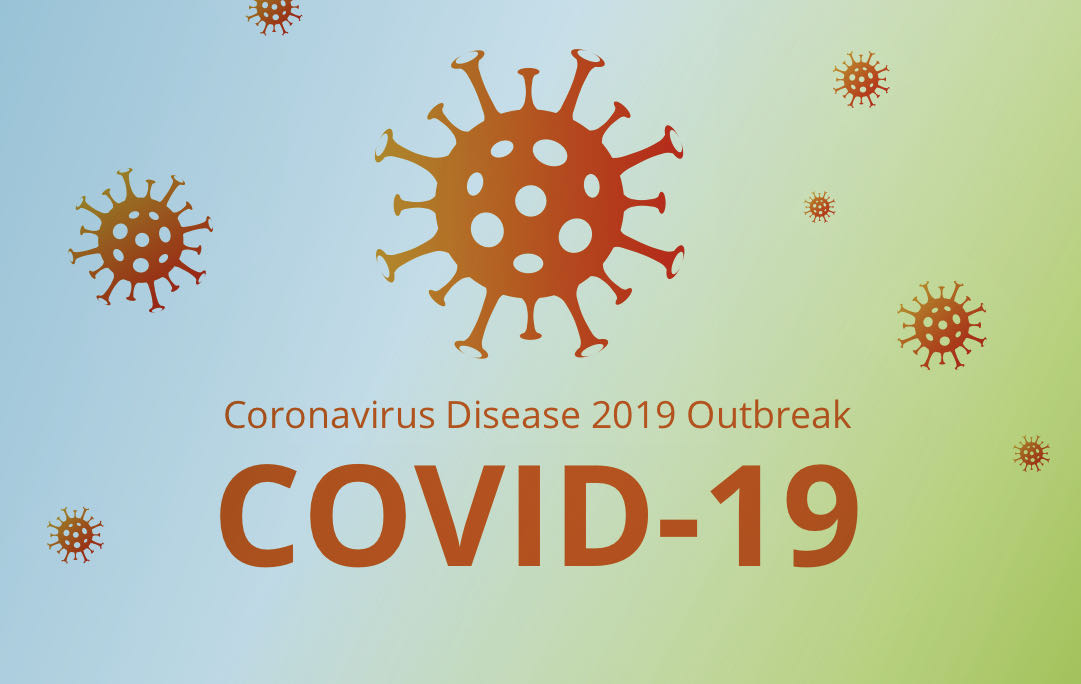
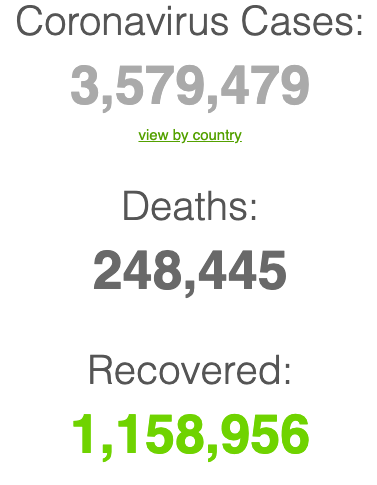

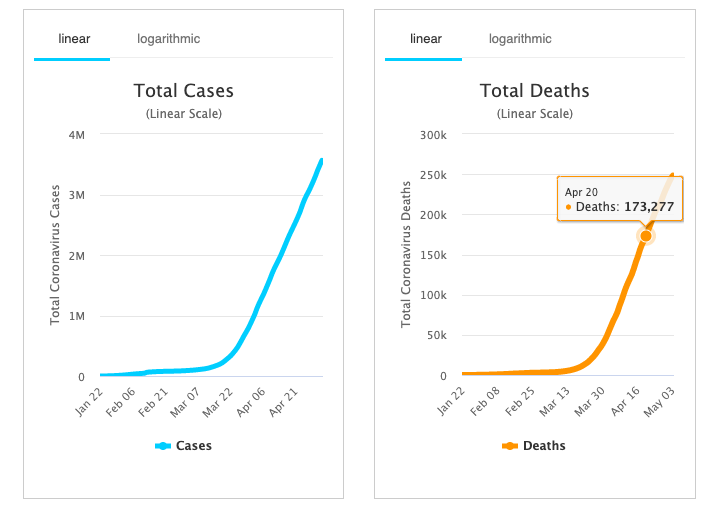
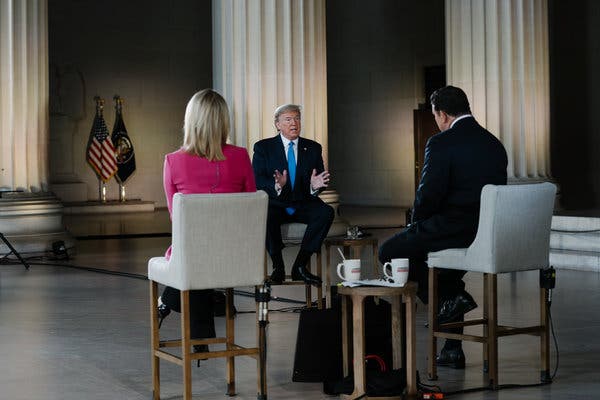
“We’re going to lose anywhere from 75, 80 to 100,000 people,” President Trump said in a virtual “town hall” meeting on Fox News, on Sunday. “That’s a horrible thing. We shouldn’t lose one person over this.”Credit...Anna Moneymaker/The New York Times
President Trump predicted on Sunday night that the death toll from the coronavirus in the United States may reach as high as 100,000, far higher than he had forecast just weeks ago, even as he pressed states to begin reopening their shuttered businesses.
Mr. Trump, who last month forecast that 60,000 lives would be lost, acknowledged that the virus has proved more devastating than he had expected but said he believes parks and beaches should begin reopening and schools should resume classes in person by the fall.
“We’re going to lose anywhere from 75, 80 to 100,000 people,” he said in a virtual “town hall” meeting on Fox News. “That’s a horrible thing. We shouldn’t lose one person over this.”
During the two-hour broadcast, he also acknowledged he was warned about the coronavirus in his regular intelligence briefing on Jan. 23 but asserted that the information was characterized as if “it was not a big deal.”
Mr. Trump confirmed reports that his intelligence briefings cited the virus even as he argued that it had not been presented in an alarming way that demanded immediate action
The New York Times
Up and down Britain, local newspapers are struggling. Hundreds of journalists have been put on leave. More than 50 small and regional publications have temporarily suspended producing their print or online products. For those still printing, some communities are depending on volunteers to deliver newspapers.
For many, cash has all but stopped coming in. With most retailers shuttered, advertising revenues have dwindled to near zero for many publications, leaving the print copies a skeleton of what they used to be.
And in Britain, where home delivery subscriptions are less common than in the United States, newspapers rely more heavily on street sales — and many newsstands and other stores are closed. Hardly anyone is commuting to work, so there’s no need to grab a paper on the way.
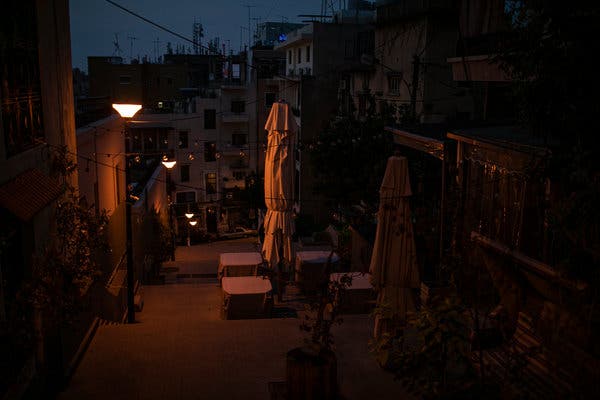
Empty pubs in the Beirut neighborhood of Mar Mikhaël.Credit...Diego Ibarra Sanchez for The New York Times
In Beirut, it is both a cliché and a point of pride to say that the Lebanese partied straight through a civil war from 1975 to 1990, Times correspondent Vivian Yee writes. She shared some observations from the Lebanese capital.
The barhopping neighborhood of Mar Mikhaël in Beirut used to vibrate with the clip-clop of high heels and the car-stereo beat of Western and Arabic music almost every night.
But the bars and nightclubs have been shut down since early March; many had closed before that as the city was engulfed in an epochal economic crisis. The coronavirus could only conquer what remained, putting thousands more out of work.
Nightclub appearances by D.J.s who had flown in from Europe, hyped for weeks on social media and street posters, were abruptly canceled. Soon it was just restaurants and cafes, and then not even those.
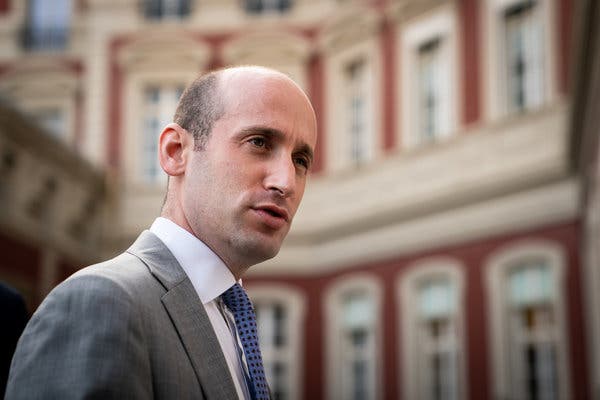
Stephen Miller, White House senior adviser on immigration, has advocated the use of public health laws to broadly curtail entry to the United States.Credit...Erin Schaff/The New York Times
From the early days of the Trump administration, Stephen Miller, the president’s chief adviser on immigration, has repeatedly tried to use an obscure law designed to protect the nation from diseases overseas as a way to tighten the borders.
The federal law on public health that Mr. Miller has long wanted to use grants power to the surgeon general and president to block people from entering the United States when it is necessary to avert a “serious danger” posed by the presence of a communicable disease in foreign countries.
Mr. Miller pushed for invoking the president’s broad public health powers in 2019, when an outbreak of mumps spread through immigration detention facilities in six states. He tried again that year when Border Patrol stations were hit with the flu.
When vast caravans of migrants surged toward the border in 2018, Mr. Miller looked for evidence that they carried illnesses. He asked for updates on American communities that received migrants to see if new disease was spreading there.
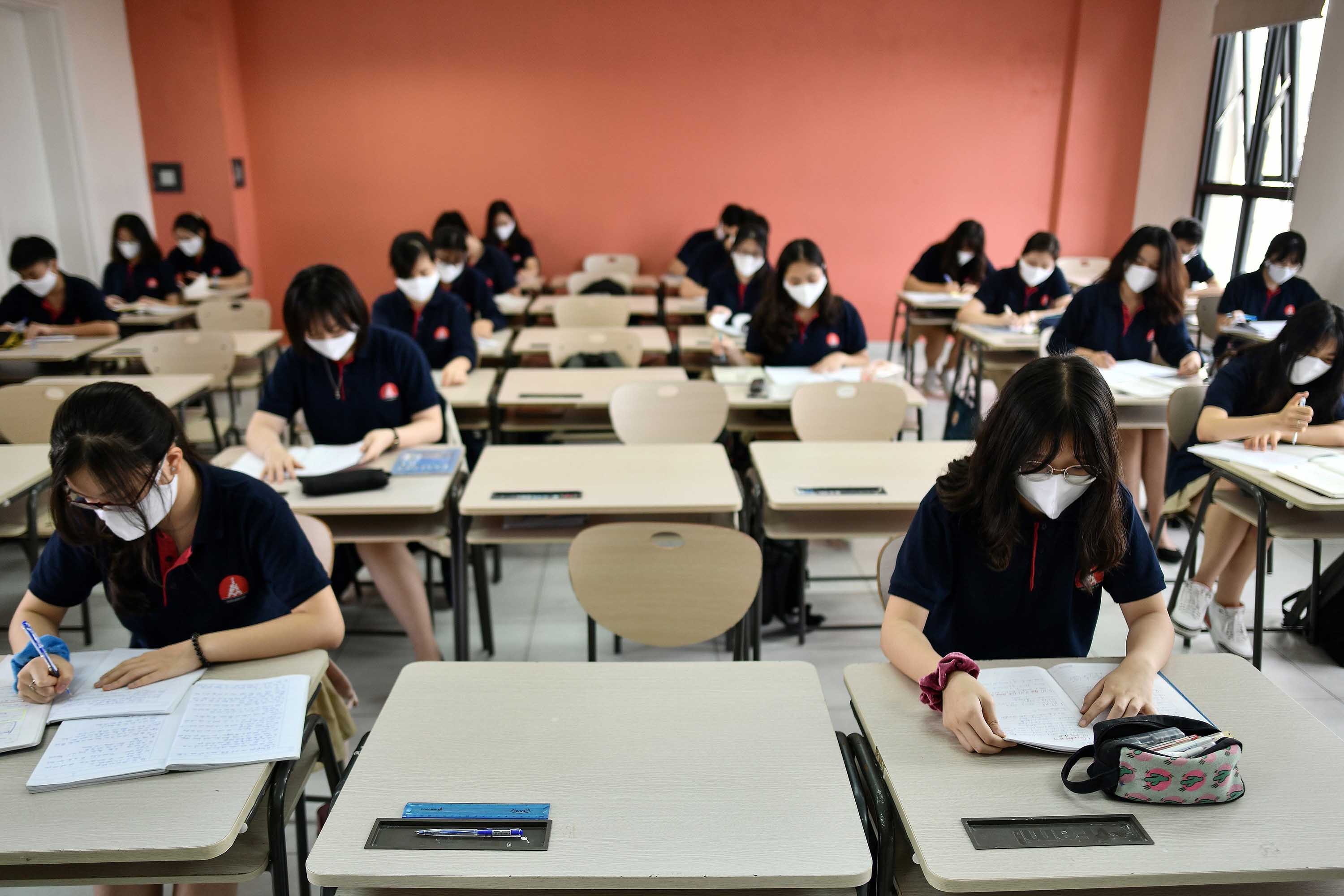
Students wearing face masks sit inside a classroom at the Marie Curie school in Hanoi, Vietnam, on May 4, as schools reopened. Manan Vatsyayana/AFP/Getty Images
Most of Vietnam's 22 million students returned to class today after a three-month closure to tackle Covid-19, the state-run Vietnam News Agency reported.
Eighteen of the country's 63 provinces and centrally-run cities will open all schools starting today, while 30 others are reopening primary schools and kindergartens as secondary students went back in late April.
Ten other localities including the main cities of Hanoi and Ho Chi Minh City will resume primary schools and kindergartens later.
VNA reports many schools have "rearranged desks while others had to consider dividing classes into smaller ones" but that many schools are facing "difficulties in keeping the minimum distance of one metre among students due to the shortage of teachers and classrooms."
In addition, some schools changed class schedules and will continue to teach through the internet and televised classes.
From CNN’s Laura Perez Maestro in Formentera, Vasco Cotovio in London and Ingrid Formanek in Spain
Spanish authorities in the Balearics are testing travelers to one of the islands, Formentera, which is advancing to "phase one" of the lockdown de-escalation measures laid out by the government last week.
Spain has implemented one of the strictest lockdowns in Europe but now with some restrictions beginning to ease, four of the country’s islands, three in the Canaries -- La Gomera, La Graciosa and El Hierro -- and Formentera in the Balearics are jumping to the more advanced "phase 1."
That will allow:
Further relaxation of restrictions on movement
Fewer restrictions on businesses
Up to 10 people allowed to gather at a recommended distance
Up to 15 people at open area funeral wakes, or 10 indoors
These four islands will see an earlier easing of restrictions because they “have not had any new cases in many days, and very few, or no new infections” Fernando Simón, the country’s director for health emergencies said on Sunday.
From CNN’s Yoko Wakatsuki in Tokyo
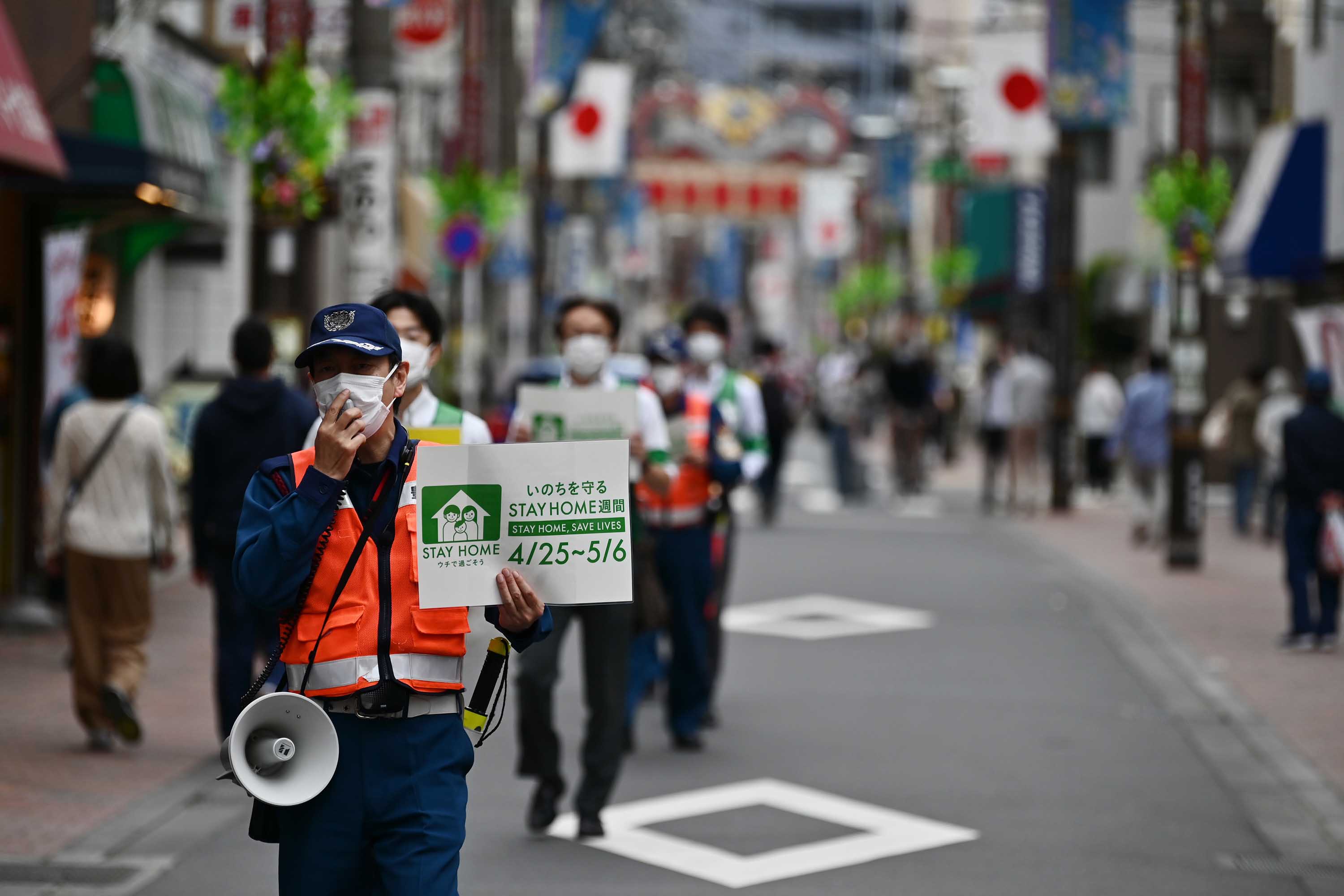
Municipal employees patrol a street asking people to stay home amid the coronavirus outbreak in Tokyo on May 4. Charly Triballeau/AFP/Getty Images
Japanese Prime Minister Shinzo Abe said in a task force meeting today that the country will extend its state of emergency until May 31.
Abe said he will review the infection status around May 14 to see if the order can be lifted beforehand.
The Japanese leader said the high vigilance and stay-at-home policy remain unchanged in 13 high-infection prefectures, while the rest of the nation will see gradual resumption of economic and social activities.
From CNN’s Hilary McGann in London
British Prime Minister Boris Johnson will say the discovery of a coronavirus vaccine is the “most urgent shared endeavor of our lifetimes” at an international pledging conference on Monday.
The UK is currently the biggest global donor in the efforts to find a vaccine, pledging £388 million ($483 million) for research, according to a Downing Street statement.
"To win this battle, we must work together to build an impregnable shield around all our people, and that can only be achieved by developing and mass producing a vaccine," Johnson will also say while co-hosting Monday’s event.
"It’s humanity against the virus -- we are in this together, and together we will prevail."
The virtual conference is aiming to raise $8 billion, and is being co-hosted by the UK, Canada, France, Germany, Italy, Japan, Norway, Saudi Arabia, and the European Commission.
The UK money allocated to funding a vaccine is part of a larger fund worth £744 million ($926 million) to “help end the pandemic and support the global economy,” the statement also said.
The World Health Organization will receive £75 million ($93 million) for its critical health systems response.
From CNN’s Vasco Cotovio in London
Britain’s Defence Secretary Ben Wallace refused to comment on the "five eyes" intelligence report on the way China handled the novel coronavirus outbreak.
"I’m not going to comment," Wallace said in an interview with BBC Radio Four on Monday, while at the same time conceding that the world "shouldn't be surprised."
"China has become more assertive over the past few years, whether that is the South China Sea, whether that is the use of economic tools around the world, it is more assertive in trying to further its interests," he said.
Wallace went on to say he did not think it was yet the time to conduct a "post-mortem" on the pandemic.
"Let’s get through it," he said. "By me speculating or talking about China or anybody else is not going to help the fight against coronavirus."
"I genuinely think that lessons from this outbreak ought to be learned, but after the event, both the international community and indeed ourselves should then take a reflection of what the consequences are," Wallace also said.
Analysis by CNN's Stephen Collinson
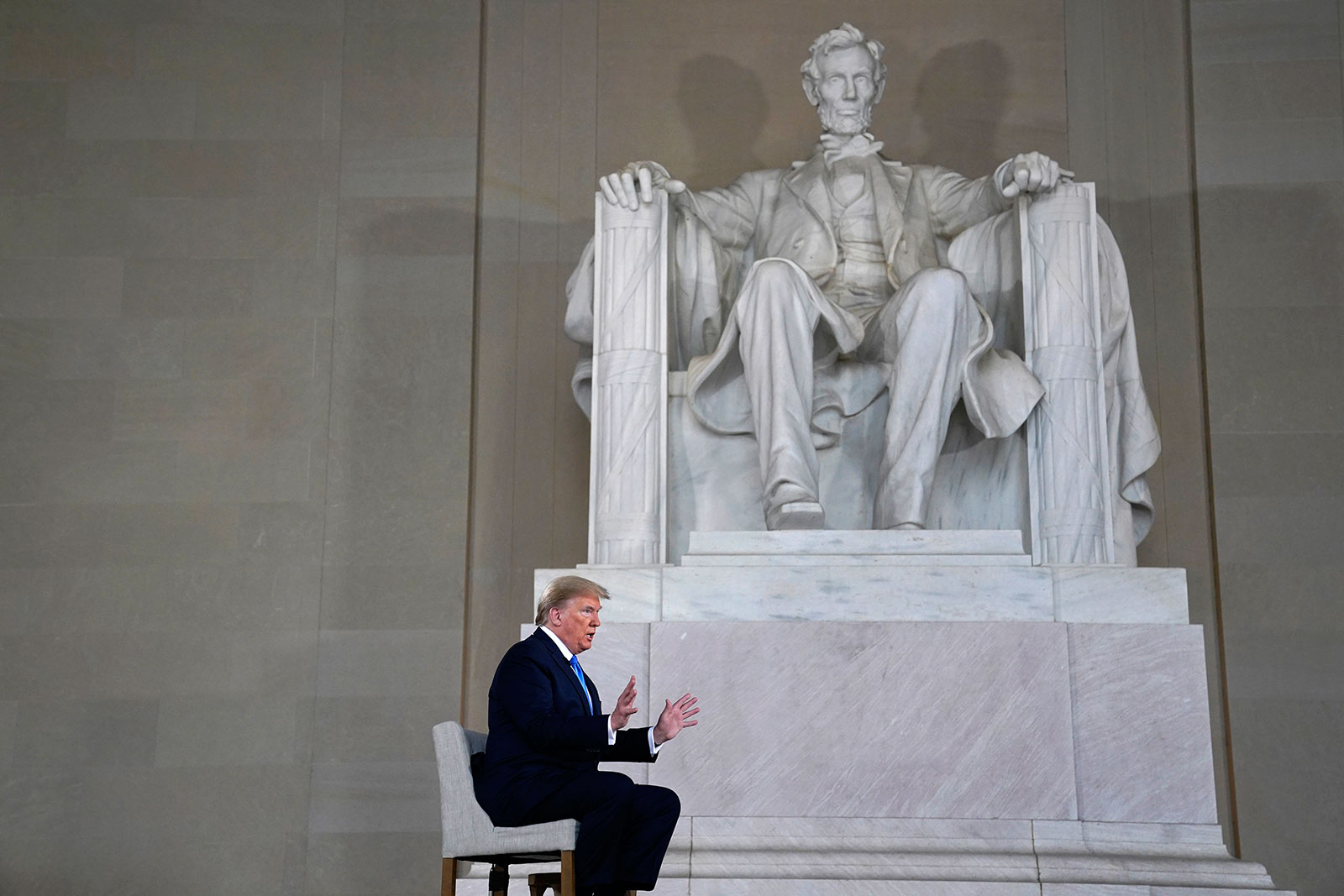
US President Donald Trump speaks during a Fox News virtual town hall from the Lincoln Memorial in Washington on May 3. Evan Vucci/AP
After admitting US coronavirus deaths could hit 90,000, President Donald Trump is bemoaning his own plight -- complaining that he has been treated worse by the press than Abraham Lincoln.
Trump's comments, at the memorial in Washington to a president assassinated after emancipating the slaves during the Civil War, are likely to further polarize the raging politics of a current crisis that is stretching national unity.
"I am greeted with a hostile press the likes of which no president has ever seen," Trump said at the Fox News town hall Sunday night.
"The closest would be that gentleman right up there," Trump said, pointing to the 16th President's statue. "They always said nobody got treated worse than Lincoln. I believe I am treated worse."
Trump was speaking at the time of a widening divide between states that are opening economies and others that are warning of premature declarations of victory amid soaring tensions fomented by weeks of coronavirus lockdowns.
From CNN’s Swati Gupta in New Delhi
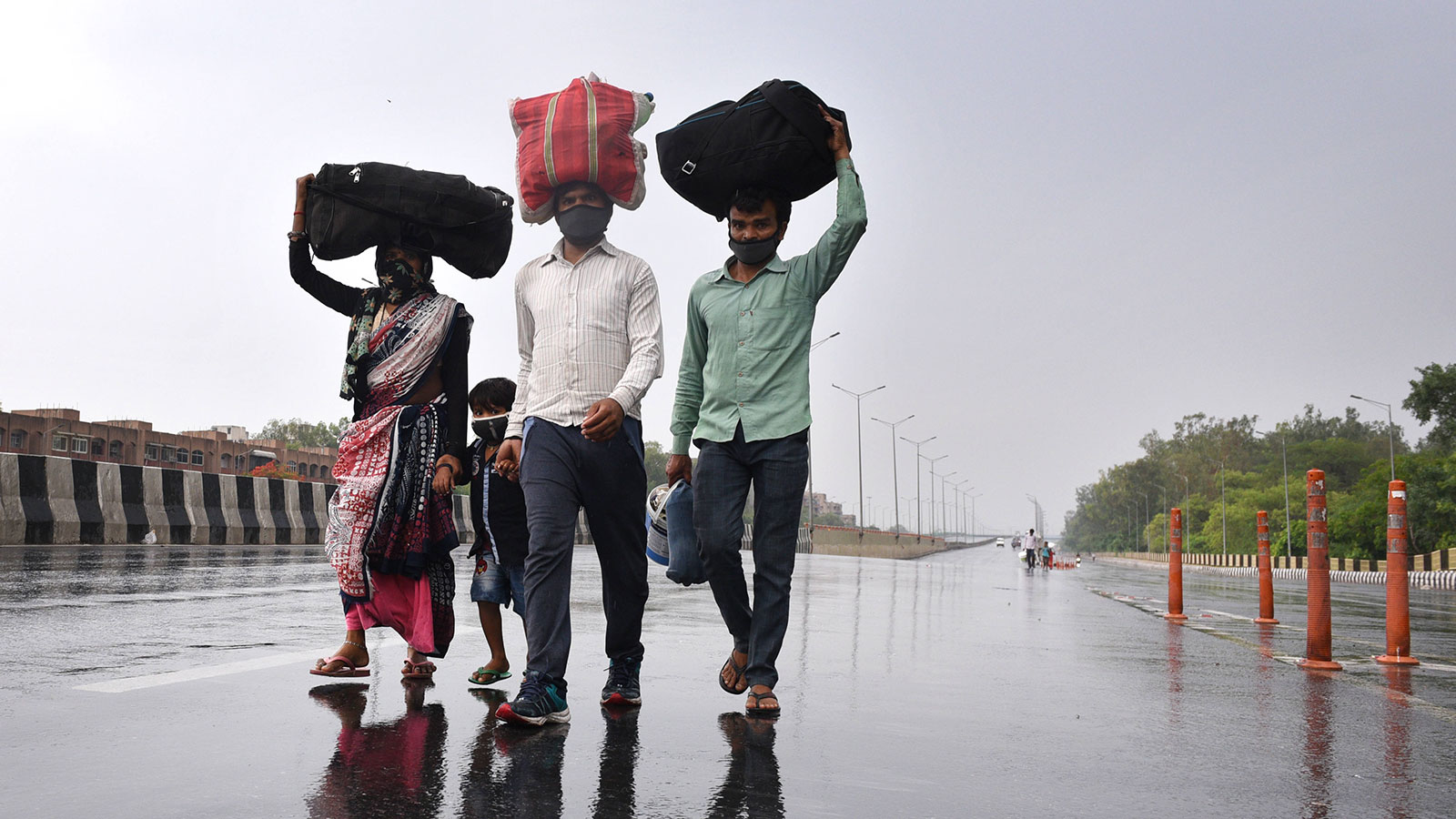
Migrant workers walk towards a bus stop after learning that the administration was preparing to send migrant workers back to their home states during lockdown in New Delhi, India on May 3. Ajay Aggarwal/Hindustan Times/Getty Images
Many parts of India are now under less severe lockdown measures as the country today entered the third extension of nationwide restrictions designed to stop the spread of the novel coronavirus.
In a statement issued Friday, the Ministry of Home Affairs announced that a further lockdown extension of two weeks will be in place until May 17, with a significant ease in restrictions.
The Indian government has divided the country into zones -- red, orange and green -- depending on the status of the cases registered. Most restrictions in place across India for the last six weeks will be eased for cities and towns falling into the green zone.
However, limited activities will continue to be prohibited across the country.
From CNN's Julia Hollingsworth in Wellington, New Zealand
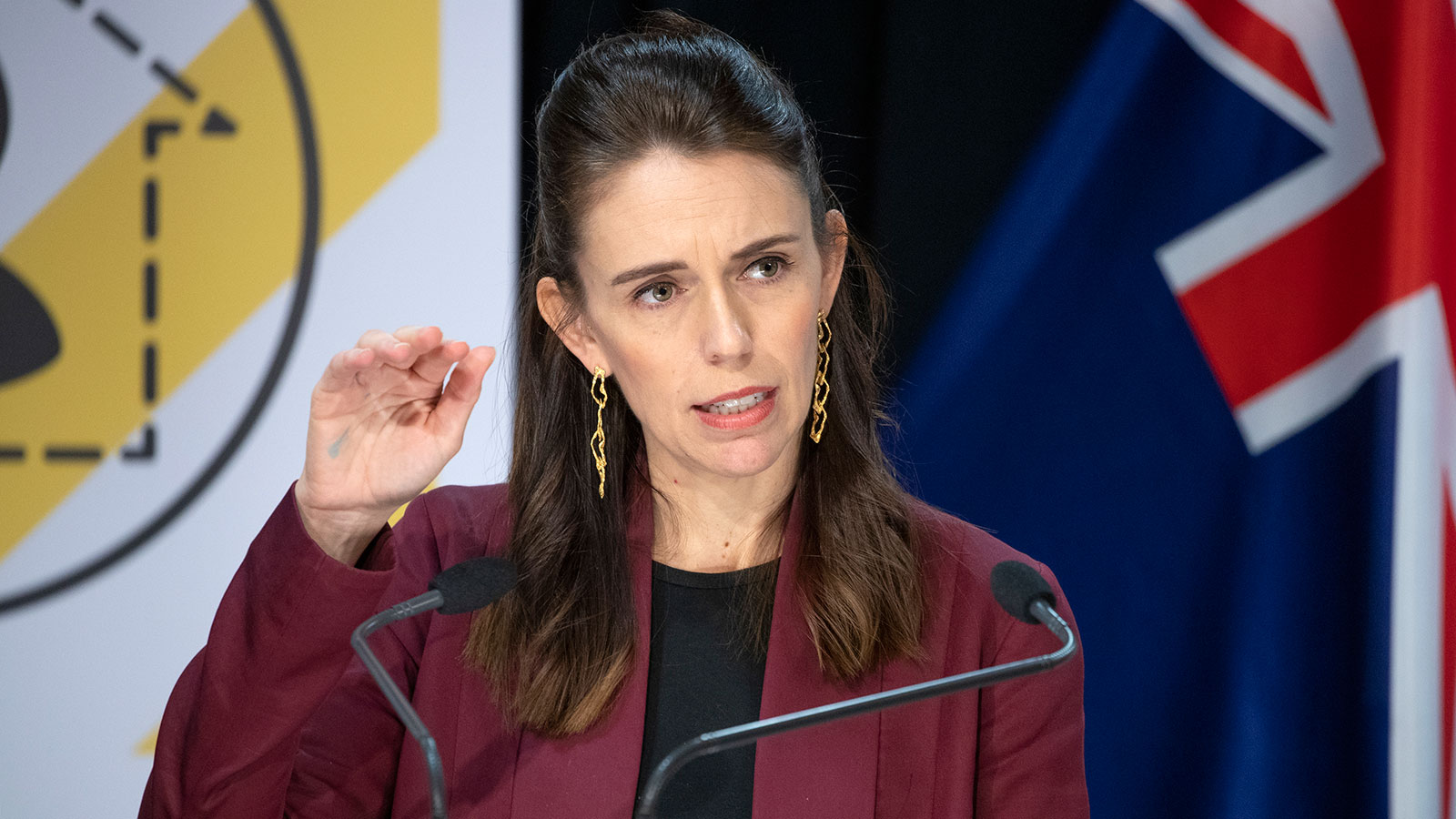
New Zealand Prime Minister Jacinda Ardern speaks at a briefing on the coronavirus pandemic at Parliament in Wellington, New Zealand on April 27.
It may be some time before tourists are traveling the globe again. But what if you could travel through designated, approved parts of it?
Politicians from Australia and New Zealand are discussing the possibility of opening up borders to each other, creating a travel corridor -- or "travel bubble" -- between the two nations.
Both countries almost completely shut their borders to foreigners in March, a huge blow to their respective tourism industries. But with both appearing to have successfully brought their coronavirus outbreaks under control, politicians are now talking about when borders could be opened to each other.
"That is a situation we would all like to be in, but of course, our number one focus at the moment is making sure that both our countries are in the position where we're domestically managing Covid-19 to a point where we can with confidence open borders," New Zealand Prime Minister Jacinda Ardern said on April 27.
"One thing I'm not willing to do is jeopardize the position that New Zealand has got itself into by moving too soon to open our borders -- even to Australia."
It's not clear when this "bubble" could become a reality -- currently both countries still have domestic travel restrictions in place, and all international arrivals are subject to a 14-day quarantine.
Travel industry experts say August is when the corridor is likely to be rolled out, possibly in time for the ski season in New Zealand and the school holidays in September.
From Alexandra Lin in Hong Kong
Visitors watch as fireworks explode over the Ancient Town of Tong Guan Kiln in Changsha, Hunan province of China on May 3. Yang Huafeng/China News Service/Getty Images
China recorded 85 million domestic tourists during the first three days of the five-day May Day holiday, generating 35 billion yuan ($4.95 billion) in revenue, according to the country's Ministry of Culture and Tourism.
Last year, 195 million domestic tourists traveled during the entire holiday, generating 117.7 billion yuan ($16.67 billion) in revenue, according to previous data from the ministry.
Amid the Covid-19 pandemic, the ministry has ordered tourist sites in the country to strictly control the flow of visitors, capping numbers at 30% of each site's capacity.
Some 70% of scenic spots rated "A class" in China's tiered grading system were open on the first day of the holiday, according to the ministry.
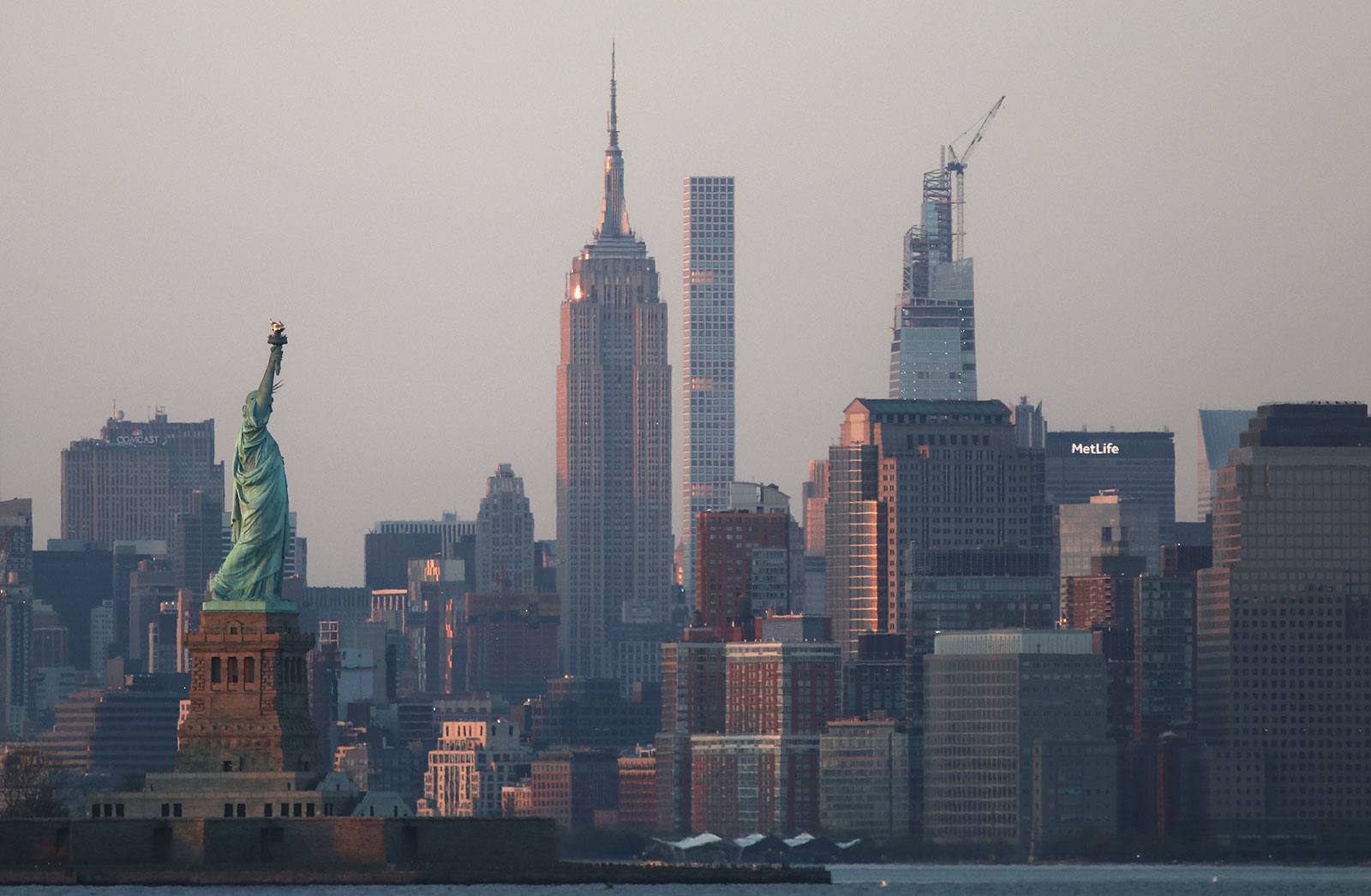
The sun sets on the Statue of Liberty and the Empire State Building in New York City on May 3. Gary Hershorn/Getty Images
A total of 25,502 new coronavirus cases and 1,313 deaths were reported in the United States on Sunday, according to Johns Hopkins University.
At least 1,158,041 cases and 67,682 fatalities have now been recorded in the US, according to JHU's tally.
As states begin to include “probable deaths” in their counts, so will JHU. In the upcoming days, these changes may show as surges of deaths in the US.
The totals includes cases from all 50 states, the District of Columbia and other US territories, as well as repatriated cases and those in the US military, veterans hospitals and federal prisons.
From CNN's Emiko Jozuka, Junko Ogura and Will Ripley in Tokyo
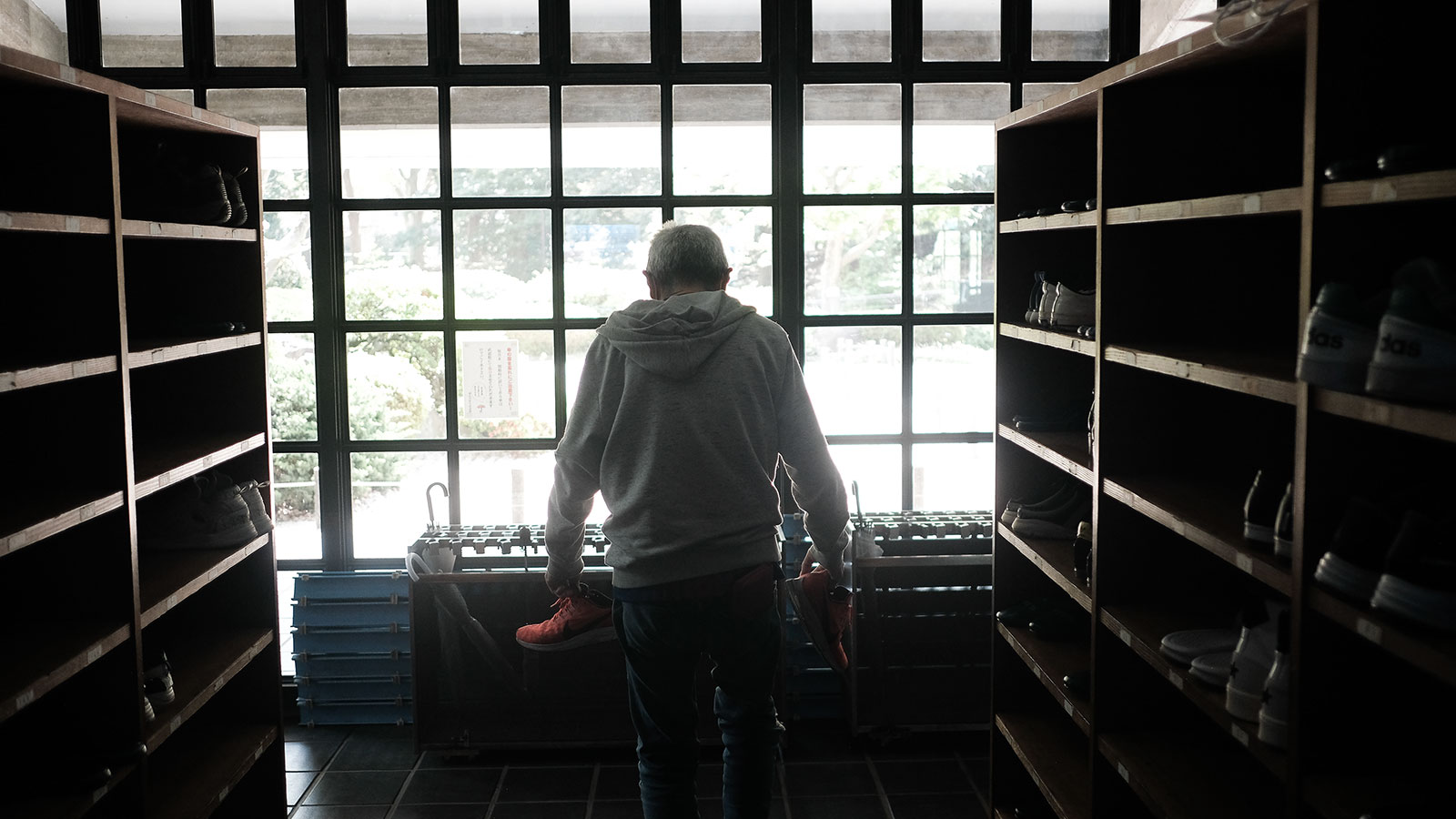
A resident picks up his shoes at a temporally shelter for internet-cafe dwellers at the Kanagawa Budokan martial arts gymnasium in Yokohama, Japan, on April 22. Soichiro Koriyama/Bloomberg/Getty Images
Odd jobs on construction sites used to earn Takahashi enough money to pay for a private booth each night at one of Tokyo's internet cafes. But Japan's coronavirus lockdown not only cost him his work, it has temporarily closed the cafe that was his de facto home.
The 35-year-old has been sleeping rough at a Tokyo bus terminal for two weeks.
"Many companies have become bankrupt due to the pandemic. There are many people like me without jobs at the moment," said Takahashi, as he waited in line in Shinjuku to receive a free meal from Moyai, a support group for the homeless.
Takahashi is one of Tokyo's 4,000 "internet cafe refugees" -- homeless people, mostly men, who before the pandemic usually paid between $17 and $28 to stay overnight in a 20 square foot booth in one of the city's 24-hour internet cafes.
From CNN's Abel Alvarado and Ingrid Formanek
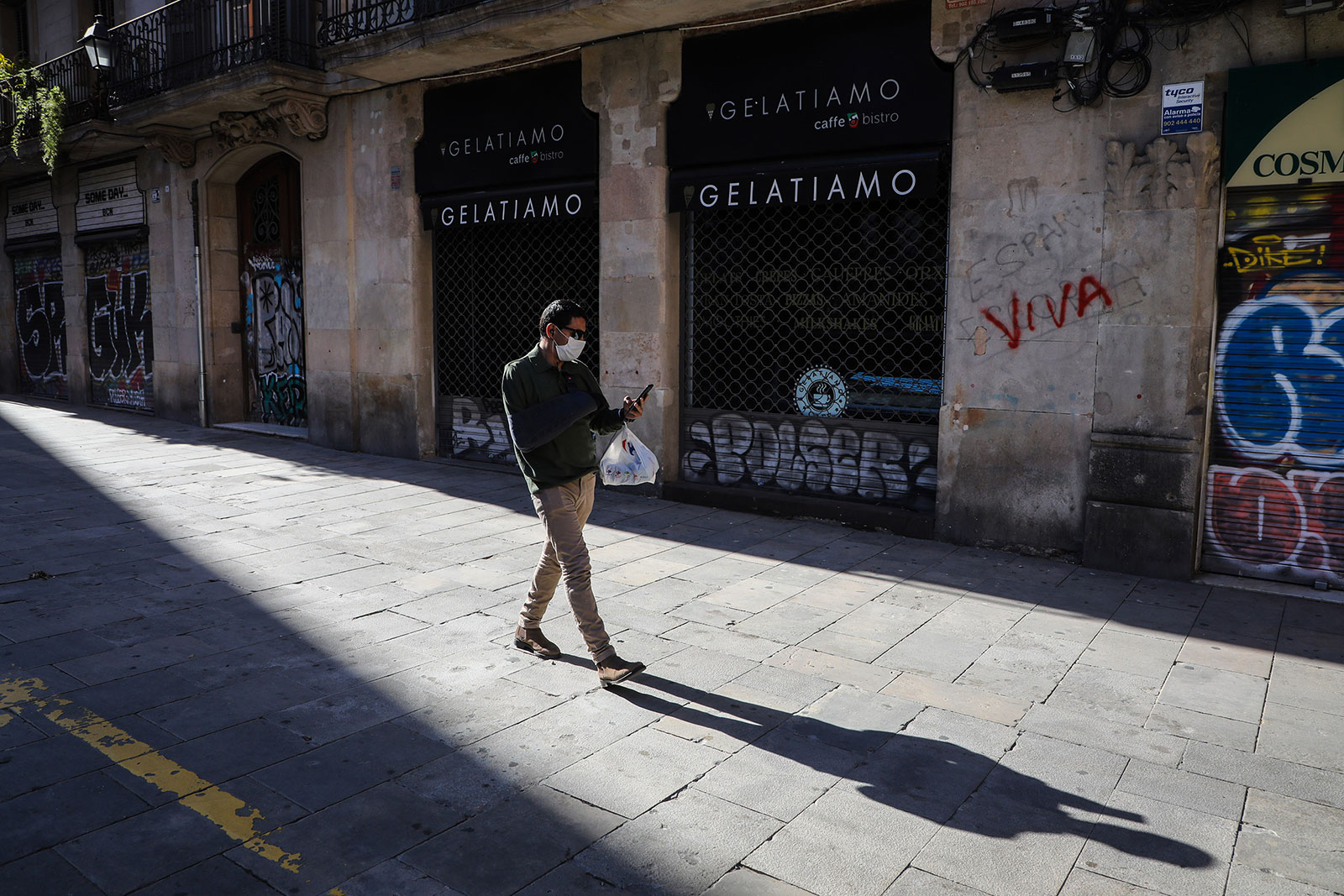
A pedestrian walks past closed stores in Barcelona, Spain, on April 30. Angel Garcia/Bloomberg/Getty Images
Some businesses will start to reopen in Spain on Monday as the country starts "Phase Zero" of loosening coronavirus restrictions.
Following eight weeks of strict confinement since a countrywide state of emergency was declared on March 14, the process of transition in Spain will be gradual.
The four phases will be determined by a “series of indicators, such as the strategic capacities available in the health care system," officials say.
Some of these indicators include being able to test and identify sources of contagion and the ability to isolate and control those sources.
From CNN’s Evan Simko-Bednarski
Kentucky Gov. Andy Beshear told reporters Sunday that the state's Covid-19 cases were "at the worst" plateauing.
He commended Kentucky residents for sticking to the state's guidelines.
"You are saving thousands of lives," he said. "I'm very proud to be your governor."
Saying that he took yesterday off in order to recharge, Beshear gave both Saturday and Sunday numbers for cases and deaths.
Saturday's report showed an additional 173 cases, with five deaths. Sunday's report showed 80 new cases and no deaths, but Beshear himself cast doubt on those numbers, saying there had been a lull in testing.
"This is why we average," he said. "No day right now just has 80."
He added that a report will come out tomorrow on cases in Green River State Prison.
"We believe they are going to be tough numbers to see," he said.
From CNN’s Jackie Castillo
The President of Peru, Martín Vizcarra, approved a supreme decree to reactivate the country’s economy amid the coronavirus pandemic, according to a statement released by the Office of the Presidency Saturday.
Speaking at the Council of Ministers, Vizcarra said “we must begin economic activities and seek balance to generate jobs,” according to the statement.
Vizcarra explained the decree has been analyzed by health experts and is based on studies. It will be carried out gradually and has four phases. Each phase will last approximately one month starting in May and ending in August.
The Peruvian President also announced that because of coronavirus concerns, he has signed an early release pardon to non-violent prisoners that are pregnant and mothers who are in prison with their children
Source: https://edition.cnn.com/world/live-news/coronavirus-pandemic-05-04-20-intl/index.html